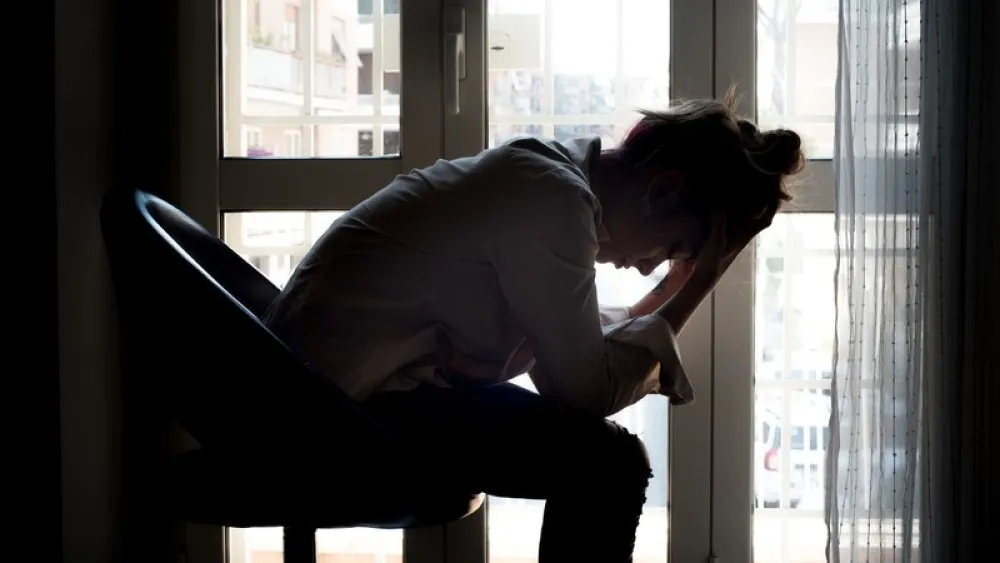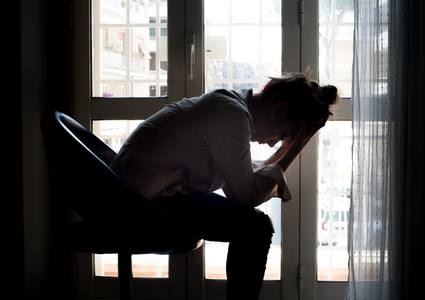




Healthy Lifestyle
Depression and the Critical Role Your Doctor Plays


Is it sadness or depression? Sometimes, it can be hard to tell.
What is depression?
Depression is a common illness that negatively affects your feelings and actions.
Symptoms of depression:
- Long-term sadness
- Social isolation
- Excessive crying
- Lack of concentration
- Loss of interest in activities
- Mood swings
- Apathy
What is sadness?
If a person is sad, he or she may experience any of the above symptoms. Unlike with depression, however, those symptoms are usually temporary. Sadness typically follows a traumatic event (e.g. the death of a loved one). It’s important to note that we all feel sad, sometimes. It’s a normal part of life. Knowing the difference between sadness and depression is helpful in determining whether to seek out professional help.
Where to go, first 
If you’re feeling depressed, you might think it’s appropriate to seek out a mental health expert. Seeing your primary care physician first, however, can provide you with better direction.
When visiting your provider, be open and honest. Tell your doctor about all of your concerns regarding your mood and emotions.
Your physician will likely provide you with a questionnaire asking these or similar questions:
- How are you feeling, today?
- Do you feel sad or down? Hopeless? Agitated?
- If so, how long have you been feeling this way?
- Are you sleeping more? Less?
- Have you noticed any change in appetite? Energy level?
- Do you have thoughts of harming yourself or others?
Your answers to these questions will help your doctor determine whether you do have depression and/or other health issues.
Not just a mental disease
Depression affects more than just the mind. It can also take a toll on a person’s physical well-being, also.
Physically, a depressed person may experience:
- A change in sleep patterns
- Weight gain or loss
- A drop in energy level
- Chronic headaches, stomachaches or other chronic pain
Treatment
Treating depression is a complex matter. No two cases are the same.
If your health care provider determines you meet the criteria for depression, he or she may prescribe you medication, but not always. It’s perhaps more likely that you’ll be referred to a mental health professional for further evaluation to determine whether medication is needed.
If your physician does write a prescription, expect frequent follow-up. Follow-up appointments will help your provider gauge whether other interventions are necessary.
Keep in mind…
Suicidal thoughts are a medical emergency. If you ever have thoughts of harming yourself or others, call 911 immediately.
Depression is not a sign of weakness, but it can be serious. If you’re concerned about yourself or a loved one, it’s imperative that you speak up and ask for help. Your doctor’s job is to help you feel well again. Use the resources available to you. If you’d like to schedule an appointment, click here.

